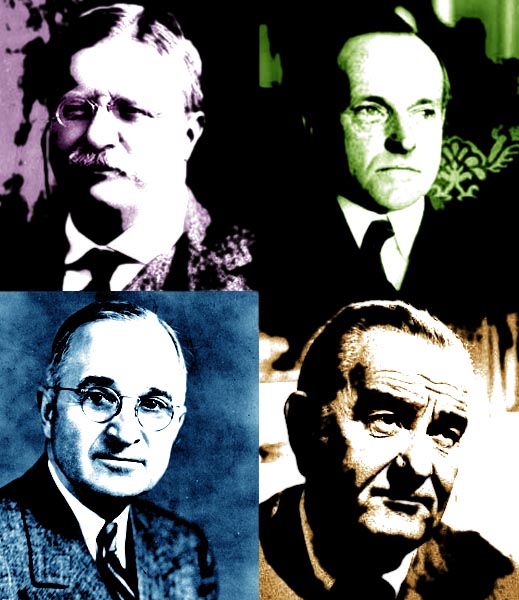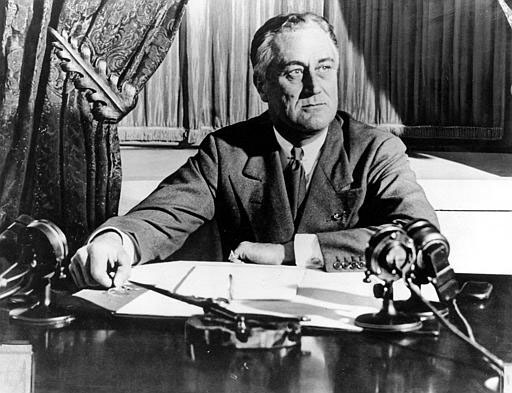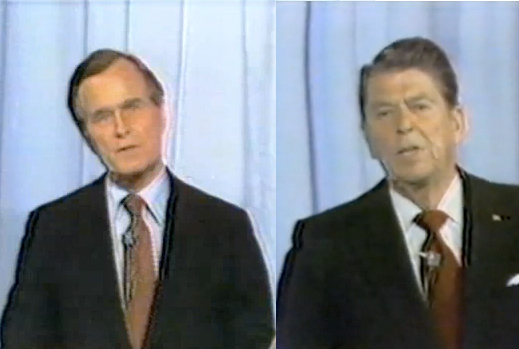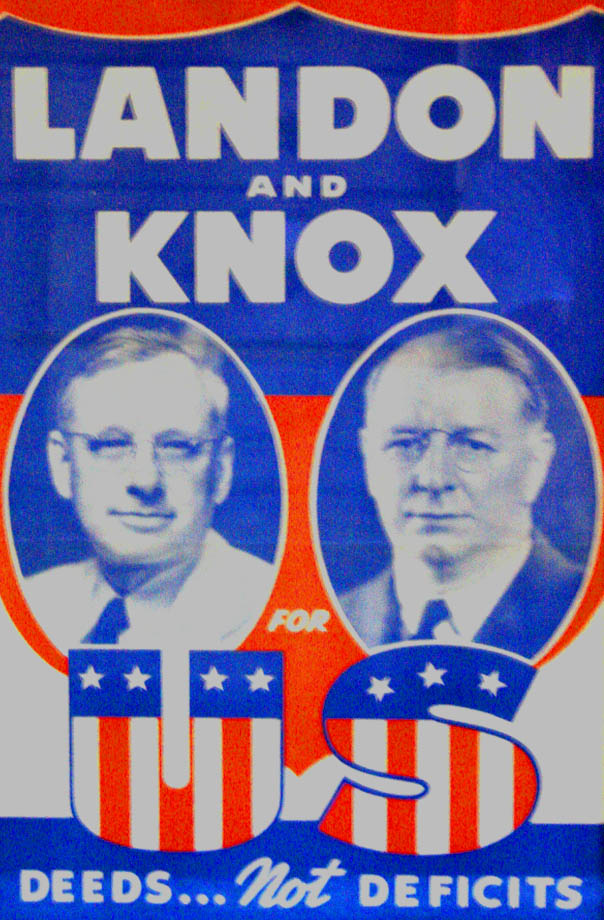Choosing Not To Run
 Thursday, December 16, 2010 at 11:19AM
Thursday, December 16, 2010 at 11:19AM Since 1900, only four presidents have decided not to run for an additional term even though they were constitutionally entitled to do so. What did they all have in common? They each assumed the presidency from the vice presidency, following the death of the president. Even after term limits were imposed after FDR, Presidents were allowed two "full" terms, but those who had served the end of a previous chief executive always declined.

Teddy Roosevelt assumed the presidency upon the assassination of William McKinley, who was only six months into his second term. Completing the majority of McKinley's first term, he was elected on his own right in 1904 but in 1908 he declined to seek reelection after flirting with the idea of exceeding the two term precedent and running for a third. In a 1908 letter TR said, "if I had conscientiously felt at liberty to run again and try once more to hold this great office, I should greatly have liked to do so and keep my hands on the levers of this mighty machine." TR served 7 1/2 years total.
Calvin Coolidge became president in 1923 after the death of Warren Harding, near the close of Harding's first term. Coolidge was then elected in 1924 and on the anniversary of the day he ascended to the Presidency he said, "It's four years ago today since I became president, if I take another term, I will be in the White House till 1933... Ten years in Washington is longer than any other man has had it -- too long!" Coolidge was characteristically understated in his announcement that he would not run in 1928. He wrote "I do not chose to run for president in 1928" on a single piece of paper, then had his short quote duplicated on several sheets that he personally cut into thin strips and then distributed to the press one by one, declining to give more information. He was president for 5 1/2 years.
When Franklin Roosevelt died in April 1945, Harry S. Truman took the office about a year into FDR's fourth term. He squeaked out a victory in 1948 against Thomas Dewey, but by 1952 his approval ratings had reached all time lows for the office, around 22%. His name was on the ballot in the New Hampshire Primary of 1952, but he lost to Estes Kefauver, a huge blow to a sitting president. While he denied it, the defeat likely contributed to his decision soon thereafter not to run. Truman was president for 7 years.
Lyndon Johnson became president after the assisination of JFK in November of 1963, completing the last year of Kennedy's term. His overwhelming election in 1964 bode well for him, however he would find his presidency in dire straits by 1968. Civil unrest, the unpopularity of the war in Vietnam and the emergence of peacenik candidates Eugene McCarthy and JFK's brother Robert Kennedy contributed to his decision to withdraw from the race in late March of 1968. On TV he famously declared, "I will not seek, and I will not accept the nomination of my party for another term as your president." However, by the Democratic Convention LBJ momentarily regretted his decision to bow out and considered rejoining the race because Hubert Humphrey, the apparent party nominee, was doing so poorly in national polls. Toying with the idea, LBJ shocked his intimates and baffled Humphrey, who felt that the President was selling him out to run in his stead. When a Harris poll showed Johnson running behind Nixon in a general election, he finally decided against it. LBJ was president for 5 1/2 years.





